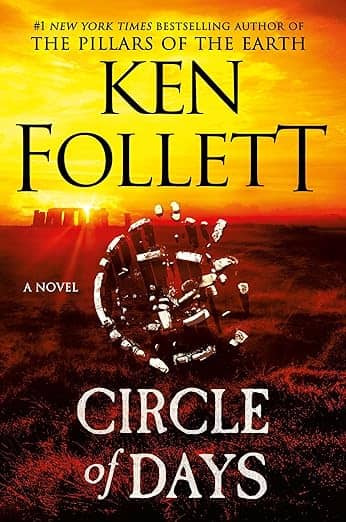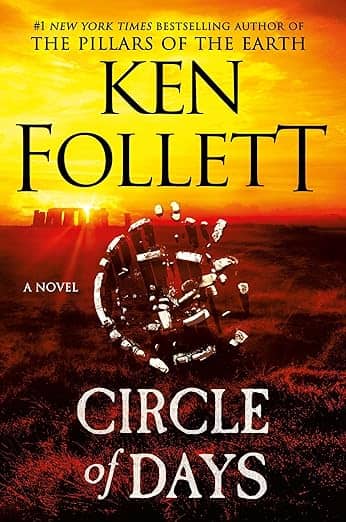

Every so often, a new investment vehicle grabs headlines. In recent years, that shiny object was the SPAC (Special Purpose Acquisition Company). SPACs are essentially blank-check companies that raise money from public investors with the promise of acquiring a private business later. If they complete a deal, the private company becomes public and bypasses the scrutiny and pricing rigor of a traditional IPO.
Chamath Palihapitiya was the poster child of the last SPAC boom. A former Facebook exec turned venture capitalist, he positioned himself as a visionary outsider disrupting Wall Street. He launched six SPACs in rapid succession.
Here’s the TLDR: I don’t like SPACs.
Let me explain why.
When a SPAC “merges” with a company, the sponsor typically gets 20% of the equity in the new business. That’s not 20% of the profits from when they eventually sell the business (like a private equity fund might earn). It’s 20% of the company. Locked in. Regardless of how the business performs post-merger. That dynamic creates the wrong incentive. SPAC sponsors get paid to get a deal done regardless if it's a good deal or not.
This is where things get tricky for investors. Most of the great private companies out there? They’re not going public via SPAC. They’re using traditional IPOs or direct listings that offer better pricing, stronger brand signals, and more scrutiny.
Well, the reason I'm writing this today is that news recently broke that Chamath is launching another SPAC. My blood started to boil so I funneled that energy into today's post.
To Chamath’s credit, his newest SPAC has some tweaks. He only earns his generous 30% promote if the stock trades up 50% post-merger. That’s better alignment, at least on paper.
But, alignment only matters if you think Chamath is good at picking winners.
Let’s look at his track record:
That’s a big negative return on the investments he actually made. This is during during a time when the S&P is up ~35%.
There’s a lot more nuance to this topic, but I’ll leave you with one simple takeaway: SPACs remain a fundamentally flawed vehicle for most investors.
And no, this is not investment advice. It's purely for entertainment purposes :).
VDB Wealth Goals: I’m a goal nut. Every year I set personal goals, break them into quarterly milestones, and then update a tracker every Friday to see how I did and where I need to improve. For many people, that probably sounds insane. For me, it’s simply how I stay accountable when there’s no boss looking over my shoulder. Some weeks it’s motivating, other weeks it’s downright depressing, but it always keeps me focused.
For my other two businesses (PE Lists and Pono Ventures), we set goals, but I don't share them publically because I'm lucky to have great partners that help us all stay accountable. For VDB Wealth, it's just me and so I hope by sharing these goals, it helps keep me accountable. I’m sure some of my friends and informal advisors will check in on them (likely at the exact moments I’d prefer they didn’t).
I view this business as a 20+ year mission and so I think about success quite differently than a "normal" business. What will make this a success over 20 years really comes down to three things:
Those categories define my goals. Here’s how I’m thinking about them:
Personal Satisfaction:
This comes first for a reason. One of the biggest drivers behind starting VDB Wealth was the belief that this work would be deeply fulfilling. I expect that satisfaction to come from two areas: my passion for investing, personal finance, and tax strategy; and the long-term relationships I’ll get to build helping a small group of people.
1 Year Goal: I prove that I enjoy the work, and am starting to build deep advisory relationships with good people.
3 Year Goal: I still enjoy the work, and delegate tasks I don't enjoy. My relationships deepen and I'm the first call when someone needs help or advice.
10 Year Goal: Clients feel like close friends, and I’m genuinely excited to invite them to annual offsites or even my family holiday party.
Growth & Business Performance
While I'm not building VDB Wealth to be a billion dollar enterprise, it's important that I make this a sustainable business that justifies my long-term commitment to it. My primary driver is personal satisfaction (see above).
Growth, for me, means carefully adding the right “core” clients and growing assets under management (AUM) without sacrificing quality. I’ll happily invest in interesting clients who may not have a large asset base today, but I also need to be disciplined about setting AUM minimums so the business works.
1 Year Goal: 5+ "core" clients, at least $20m AUM. Zero unwanted client loss.
3 Year Goal: 20+ "core" clients, at least $100m AUM. Zero unwanted client loss
10 Year Goal: At this point, growth is intentional, not reactive. If I decide to add clients, it won’t be because of demand, but because my team has the capacity to support them at the highest level. Growth isn't always good in an advisory firm.
Team:
This one is less defined, but I’ve thought about it in terms of short-term and long-term.
Short Term: Bring on a client service associate to support with paperwork, client requests, and project management. This will be a crucial hire to help as I bring on more clients and need to spend more of my time on advisory work. When will I make this hire? I'm not sure yet. For the time being, I have the time and I feel as if it's an important part of the business that I should master. But, when I need to hire, I won't hesitate.
Long Term: The bigger question is whether to expand the team beyond the client service associate. Today, my leaning is “no.” But I can also see the value of mentoring someone who could support younger clients and grow with the business over the next 20+ years. The truth is, I don’t need to make this decision for a while and that’s a good place to be.
Pre-Order Now:

This isn’t a deep literary review. This is a confession: I love Ken Follett.
I don’t love him in the casual “oh yeah, I’ve read a few of his books” way. I love him in the “if he wrote a 900-page novel about medieval plumbing, I’d pre-order it without hesitation” way.
So when I found out he has a new book coming out, I didn’t care what it was about. It could’ve been a sequel to a cookbook and I still would’ve added it to cart. The plot? Irrelevant. The theme? Doesn’t matter. I’m not here to dissect the literary merits. I’m here to say: go pre-order the book.
Ken Follett is one of those rare authors who makes you lose track of time. You sit down to read for 10 minutes and come up for air three hours later, somehow emotionally invested in 12th-century monks.
So if you trust my taste even a little, just do this one thing. Pre-order Circle of Days.
Let’s get lost in history together.
We work with a select group of clients to provide tailored, high-touch wealth management. Ready to see how we can help?
Our personalized process ensures you receive expert financial guidance tailored to your unique goals. Get in touch in the way that works best for you—fill out the contact form, send us an email, or schedule a call. However you choose to reach out, we’re here to help you build, grow, and protect your wealth.